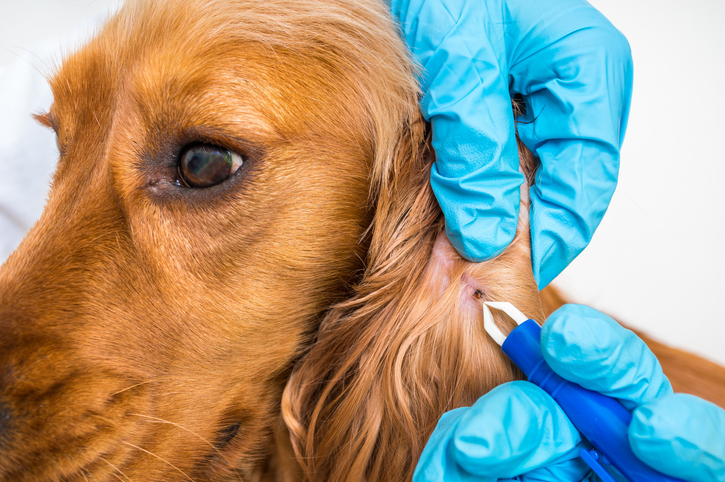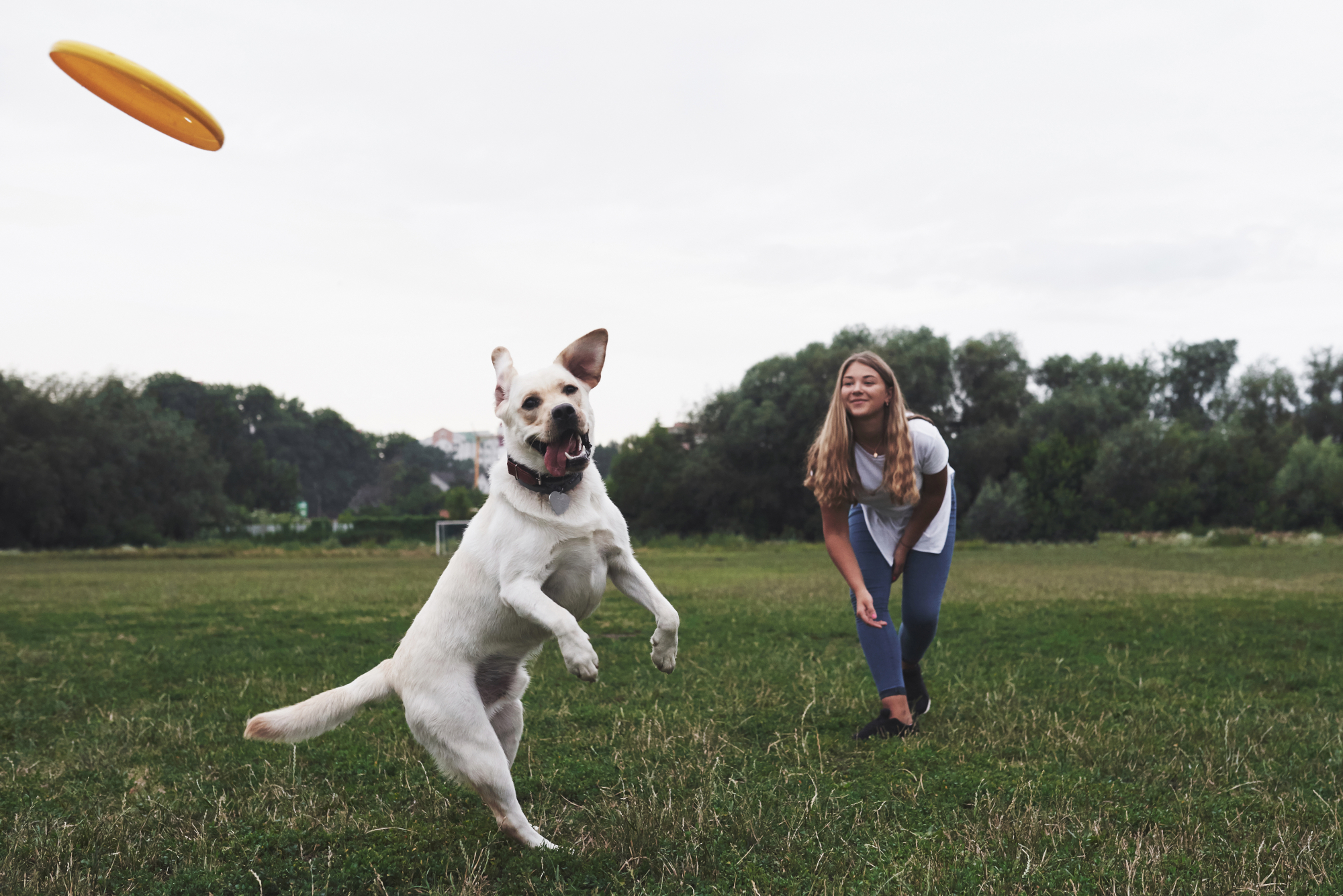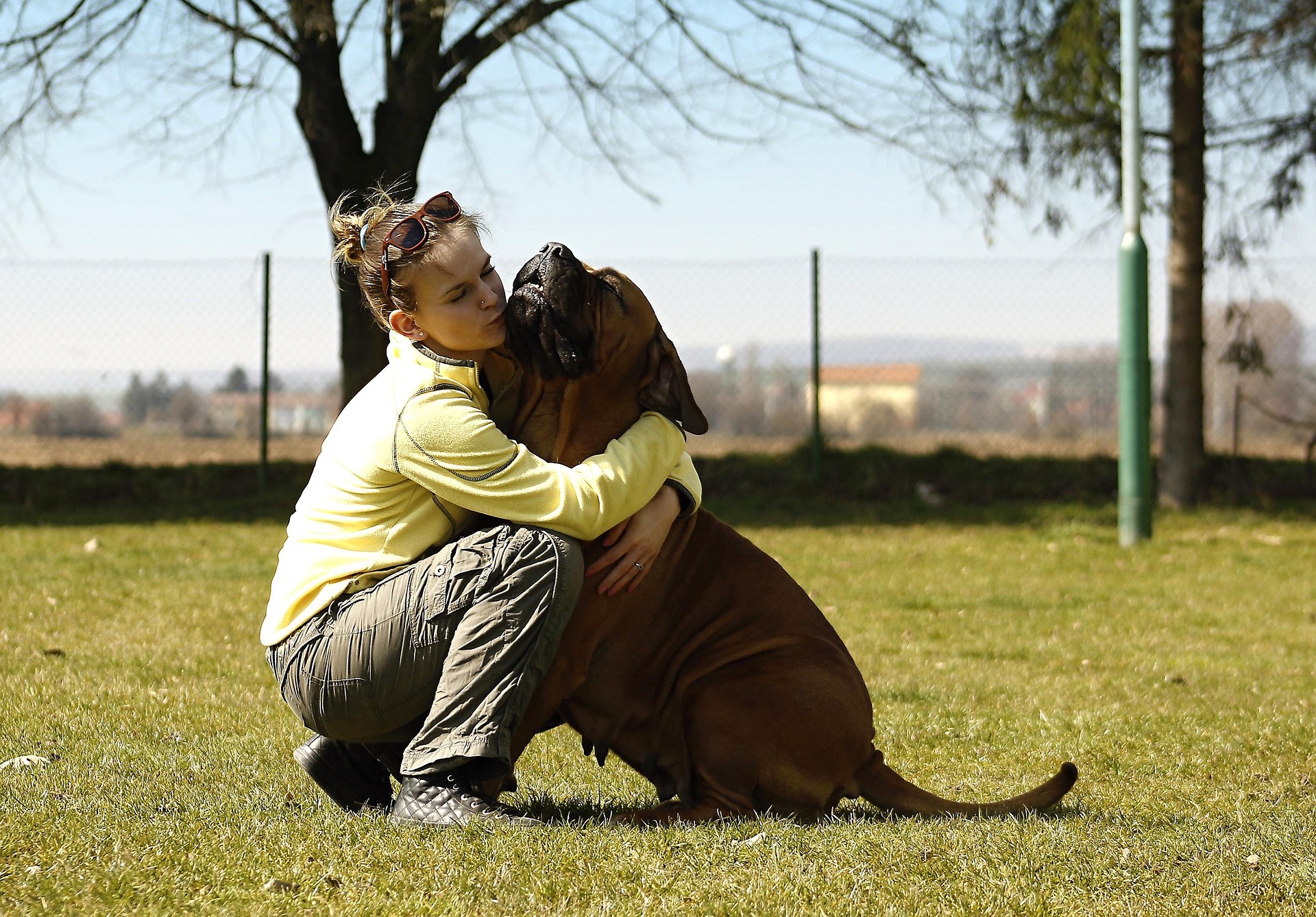With another new year just beginning, now is a great time to take a look at your pet’s healthcare and consider making adjustments to ensure they have the best year possible in 2022. With so many potential reasons for concern when it comes to the health of your pet, it can be overwhelming to feel on top of it all. Thankfully, it doesn’t need to be so complicated. Here are some pet care tips to start off your year and help you take great care of your pet.
1. Book regular exams ahead of time
One of the best ways you can ensure that your pet has a healthy year ahead of them is to schedule regular check-ups with your veterinarian. This is a much more preferable option to only visiting the vet for specific issues and symptoms, as you’re more likely to catch problems before they become major medical situations.
Not only is this likely to save you money in the long run, but it will ensure your pet is never in pain or discomfort for long. Of course, always take your pet in if you suspect something is wrong, but additionally, ensure you’re regularly taking them in for routine examinations.
2. Ensure your pets are spayed and neutered
Unless you have already, you should ensure your pet is neutered or spayed as soon as it’s safe to do so. In addition to preventing the arrival of unexpected animals, studies have shown that spaying and neutering has other benefits for pets, including decreased risk of certain diseases.
3. Keep an eye on your pet’s weight
Plenty of humans set New Year’s resolutions about getting to a healthy weight, but have you considered doing the same for your pet? There are countless possible consequences of pets sitting at an unhealthy weight, including shortened life expectancy, diabetes, and joint problems to name a few. If your pet is getting a little overweight, consider making changes to their diet or exercise routine in the New Year to help them get fit, healthy, and happy.
4. Create the perfect pet environment
It’s important to factor mental health equally to physical health, and the same goes for our animals. The best way to ensure your pet is mentally healthy is to set up a positive, enriched environment for them at home. Every pet is different in terms of what they like and respond to, but there are a few basic things almost every animal is sure to enjoy.
For dogs:
- Daily walks
- Regular exercise, either by play (e.g. fetch), or more of an adventure (e.g. hikes)
- Showing regular affection and attention to your dog
- Toys
For cats:
- Adequate sunlight for your cat to bask in
- Scratching post
- Elevated, comfortable positions for them to relax in
- Toys
For rabbits:
- A comfortable cage with a litter box—somewhere your rabbit feels safe in and can easily stretch and hop around
- A dark, quiet spot for them to rest and recuperate
- Fun areas for them run, jump, and get the exercise they need
- Constant food supply & environmental enrichment (straw baskets & cardboard)
5. Parasite prevention
Parasites are one of the more common, yet serious problems that affect many pets. The most common is fleas, which can be a nuisance at best or life-threatening at worst. Fleas themselves can also be conduits for other parasites. Thankfully, there are a number of preventative parasite treatments, with many available even for young animals. This way, you can completely sidestep the time, pain, hassle, and money of your pet dealing with a parasite. Always talk to your vet before beginning any parasite prevention treatment.
6. Ensure vaccinations are up to date
Similar to parasite prevention, ensuring your pet’s vaccinations are up to date is a crucial part of keeping them healthy. There are a number of shots you should always ensure your pet has, such as vaccinations against rabies, distemper, feline leukemia, and canine hepatitis. However, depending on your pet and its environment, your veterinarian may recommend additional vaccinations to keep them as safe as possible. Many vaccinations require regular booster shots, so ensure you schedule these appointments well ahead of time.
7. Consider pet insurance
If the unthinkable happens to your pet, whether that be major injury requiring surgery, or a serious illness, the costs of proper animal care can become a lot. If you’re concerned about being able to financially look after your pet in the case of a serious medical emergency, consider signing up for pet insurance.
This is a decision that every pet owner needs to make for themselves. Consider the risks posed by your pet’s lifestyle. An indoor cat or rabbit is less likely to be seriously injured than, say, a dog allowed to run free outside. Whatever the case, we recommend at least looking into pet insurance in order to decide if it makes sense for you and your furry friend.
8. Make sure your pet has proper identification
If your pet runs away from home or gets lost, identification can be the difference between never seeing your beloved pet again, and being reunited in a matter of days. The standardized forms of pet identification today are an ear tattoo, which has a unique number that a veterinarian or shelter can use to find their information, and/or a scannable microchip which will provide information on the pet’s owner. Taking the time to ensure your pet has proper identification is essential and will help you and your pet stick together.
9. Dental care
Just like humans, pets can run into dental trouble without proper oral hygiene. Gum disease, tooth mobility, and plaque and tartar build up can all affect animals. Prevent these troublesome issues by keeping up with your pet’s dental care in the New Year. You should ensure your pet has a dental check-up and cleaning booked with your veterinarian, but you should also be taking care of your pet’s dental health at home. This includes brushing their teeth and providing dental treats recommended by the Veterinary Oral Health Council.
10. Practice car safety
Seeing pets run free in moving cars isn’t uncommon, but it can be an extreme risk. Not only are free-roaming pets in cars a potential distraction or hazard to the driver, but they’re also at risk of injury. Dogs and cats alike might jump out of an open window if they can and they see something interesting. Some other car safety tips for pets are:
- Don’t let your pet ride in the front seat, where the airbags could injure or even kill them in the event of a crash.
- Restrain your pet safely in the car. Either use a secured crate or, depending on your pet, a special harness that can be securely tethered to a seat belt.
- Don’t let pets ride in the car with their head out the window, or unsecured in the back of a truck.
There’s definitely a lot to keep track of when it comes to keeping your pet safe, but it doesn’t need to be overwhelming. In general, one of the best things you can do to ensure your pet’s safety in the New Year is to regularly check in with a trusted veterinarian. That way, you can both ensure your pet is loved, healthy, and happy throughout the year.
Creative Commons Attribution: Permission is granted to repost this article in its entirety with credit to Hastings Veterinary Hospital and a clickable link back to this page.






